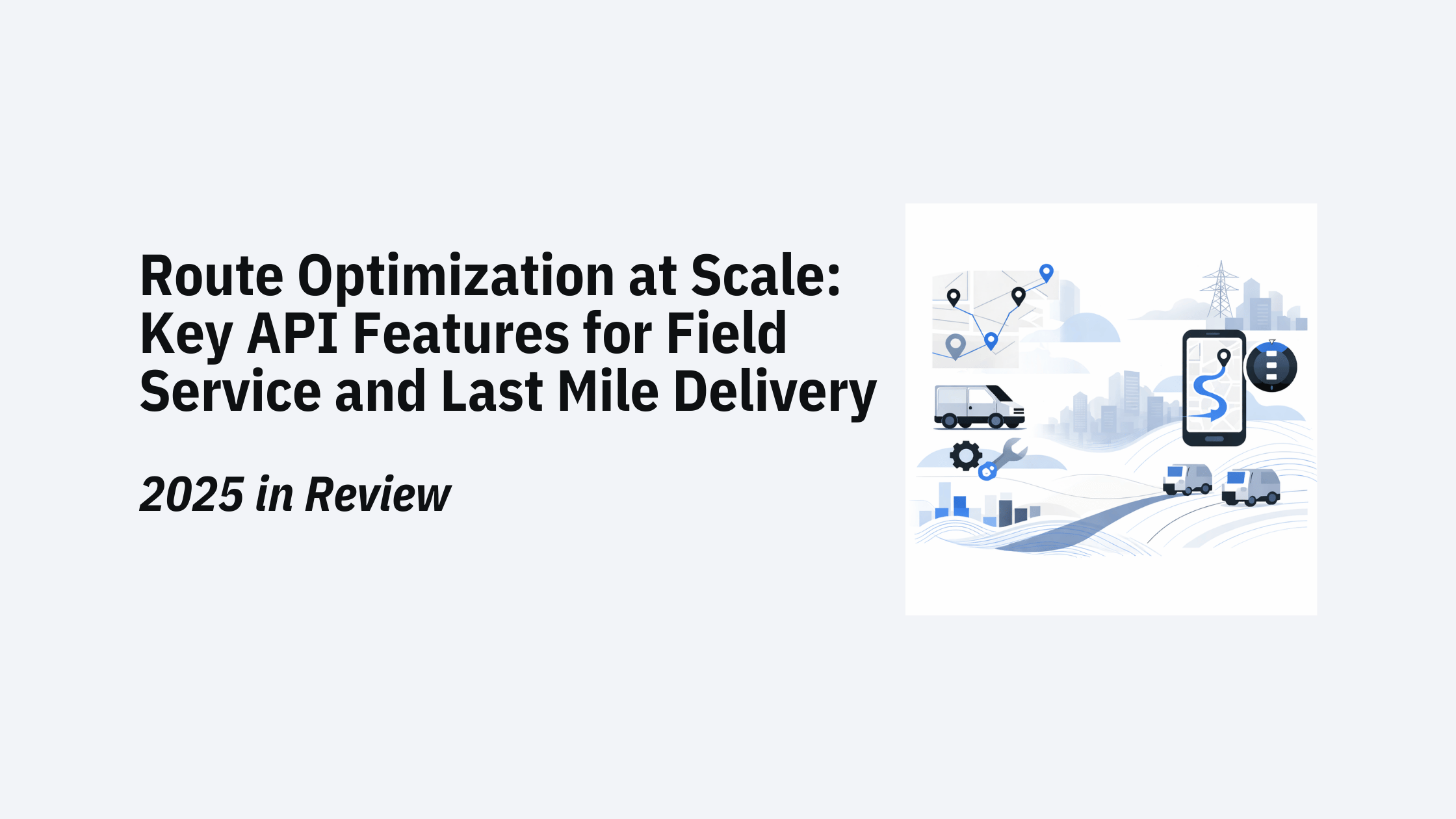The fusion of AI, advanced solvers and combinatorial optimization techniques offers a pathway to achieve the SDGs. These computational methodologies excel at making complex decisions involving the allocation of finite resources, thereby enabling businesses to operate with increased efficiency, reduced waste, and heightened social responsibility.
Take, for example, the logistics sector: optimization algorithms can plot out fuel-efficient routes that not only cut costs but also significantly diminish the carbon footprint of the organization, contributing directly to Climate Action (SDG 13). Similarly, in the realm of food distribution, supply chain optimization can be the key to reducing waste and ensuring a more equitable distribution of essential resources, thus Responsible Consumption and Production (SDG 12). As these optimization techniques become increasingly embedded into various industry operations, they pave the way for a new era of data-driven, sustainable decision-making with the power to enact transformative change on pressing global challenges.
Let’s take a closer look at six of the SDGs we at Solvice identified as prime suspects to tackle with solver technology.
Goal 5: Gender Equality - Fostering Inclusivity in Scheduling
Gender balance is not just a buzzword; it's a crucial aspect of building a more equitable world. In the realm of planning and scheduling, achieving gender equality means including diverse perspectives and talents in every decision-making process. Solvers provide a unique advantage in this pursuit. By automating and optimizing planning activities, they eliminate human bias, ensuring that gender balance is not just a goal but an integral part of the process.
Consider what happened at a customer of ours: When scheduling a major sporting event, the team was faced with the task of allocating 45,000 volunteers to 150,000 jobs across different locations. The number of possible combinations is immense, it reaches a mind-boggling 10^697,981, a number with a whopping 700,000 digits! But the challenge didn’t stop there. There was also a requirement to make the volunteer teams gender-balanced. Considering the complexity of the task, without the use of solver technology this requirement would most likely have been dropped. Now, a bit of extra computing time solved that problem with ease.
Goal 7: Affordable and Clean Energy - Harnessing Efficient Solutions
Efficiency and sustainability go hand in hand. As we race towards achieving clean energy targets, it's essential to recognize that traditional problem-solving methods often consume significant resources, including time and energy. Again, solver technology can be the answer.
Developed effectively, solvers are significantly less resource-intensive when it comes to solving complex planning problems. They offer quicker results than even quantum computers, at a fraction of the energy consumption. By embracing solvers, companies can not only optimize their operations but also contribute to the broader mission of affordable and clean energy.
Goal 8: Decent Work and Economic Growth - Building Inclusivity
A thriving economy is one where every member of the workforce is empowered to contribute their best. Solvers play a pivotal role in creating an inclusive work environment. By taking into account workforce capabilities, they ensure that tasks are assigned based on individual strengths, ultimately leading to more satisfying and productive work experiences.
In the context of economic growth, solvers enable companies to make informed decisions that benefit both the organization and its employees. They can help identify training needs, optimize work allocation, and ensure that the workforce is utilized to its full potential.
Goals 11 & 12: Sustainable Cities, Responsible Consumption, and Production - Optimal Resource Utilization
Solvers empower organizations to contribute to sustainable cities and communities by using resources in the most optimal way. Whether it's planning routes for last-mile delivery with minimized carbon emissions or streamlining supply chain logistics to reduce waste, solvers are the secret sauce for responsible consumption and production.
Sustainable living and working environments begin with efficient resource utilization. By harnessing solvers, companies can reduce their ecological footprint while increasing their positive impact on the communities they serve.
Goal 13: Climate Action - Reducing Carbon Footprints
In the fight against climate change, every decision counts. Solvers offer a powerful tool to plan routes that emit fewer carbon emissions. Whether it's optimizing delivery routes or managing a field service team, solvers can find the most environmentally friendly solutions without compromising efficiency.
By adopting solvers in planning and scheduling activities, companies can take tangible steps toward reducing their carbon footprints, aligning their operations with the urgent need for climate action.
In conclusion, Artificial Intelligence and solvers aren't just tools for optimizing business operations; they are vehicles for contributing to the broader mission of sustainable development. They enable gender equality, clean energy, decent work, sustainable cities, responsible consumption, and climate action. As we navigate the complex challenges of the 21st century, solvers can be the compass guiding businesses towards a more sustainable and prosperous future for all.



